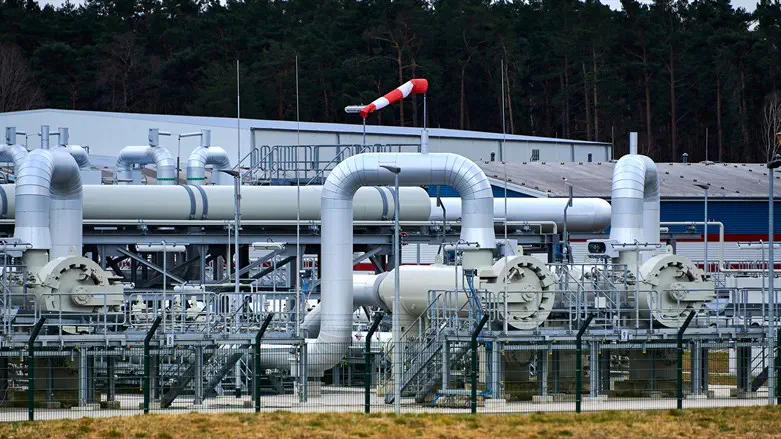
A suspected act of sabotage - possibly by Russia - against gas pipelines in the Baltic Sea was likely a premeditated attack using underwater explosive devices detonated remotely, a British defense source told Sky News on Wednesday.
The source said any mines could have been lowered to the seabed on a long line, dropped over the side of a boat or placed next to the Nord Stream pipelines with an underwater drone months or even years ago.
Poland and Ukraine have accused Russia of causing the ruptures that are spewing gas into the sea. The European Union has said sabotage was probably to blame, but it has not yet identified the culprit.
Moscow has dismissed allegations it was behind the leaks as "predictably stupid and absurd". The pipelines are Russian built, carrying Russian gas to Europe.
Russia's embassy in Denmark said that any sabotage was an attack on both Russia's and Europe's energy security, but a Western source said they thought the Kremlin "doth protest too much".
Russia has used its energy as a weapon to punish European countries that rely on Russian oil and gas for supporting Ukraine following President Vladimir Putin's full-scale invasion.
Sky News noted that any evidence that Russia caused the damage to the pipelines would be an escalation in this hybrid form of warfare.
The British source downplayed speculation that a Russian submarine might have planted the devices because the Baltic Sea was not particularly deep, making such an underwater mission difficult to carry out without being detected.
The British defense ministry said it "constantly observes its areas of responsibility and interest, this includes protecting critical infrastructure such as underwater cables and offshore structures".
"As a matter of policy, we do not offer a narrative detailing the specific capabilities of our aircraft, ships or submarines," a spokesperson said.
